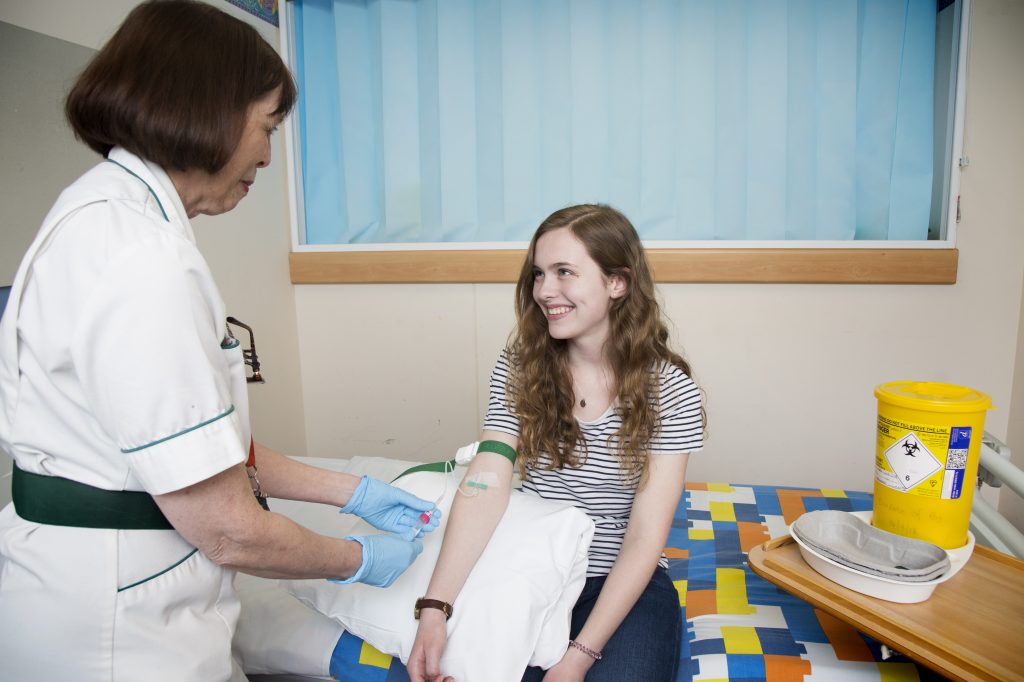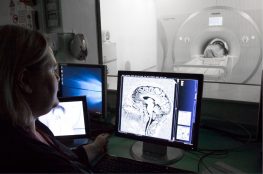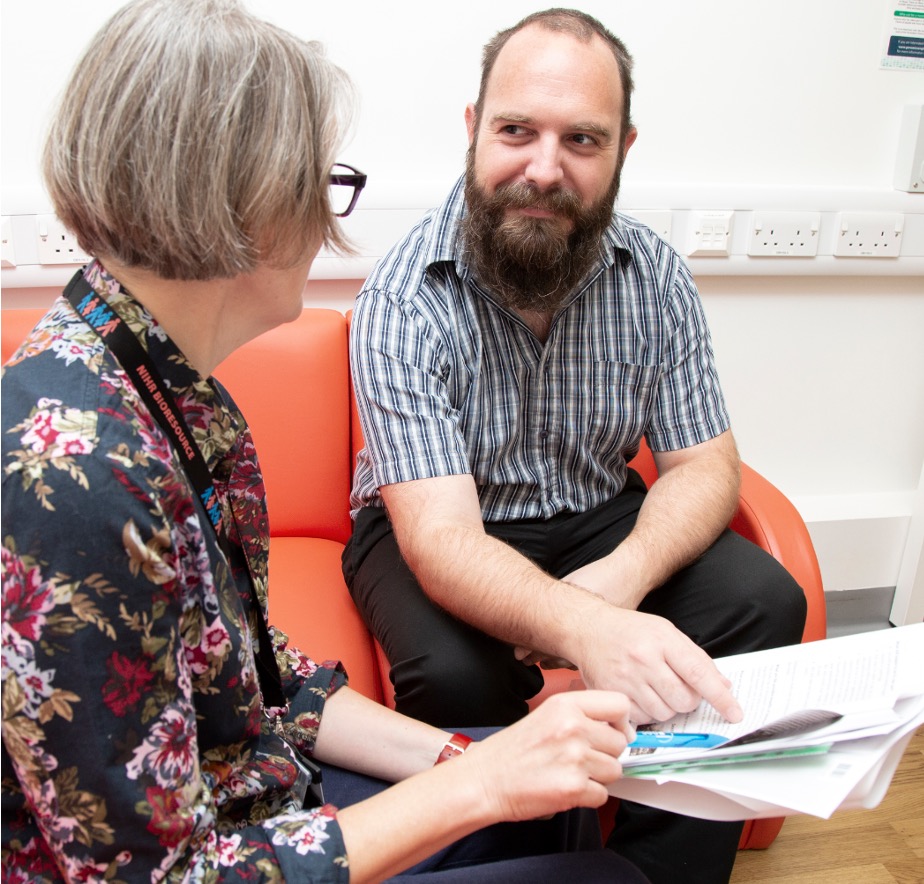Mental Health


This theme’s focus:
- Look at the development of the brain to try and prevent mental health disorders
- Improve our understanding of how mental and physical (brain and body) health interact to help develop new treatments
- Use digital technology to help identify, prevent and treat mental health conditions
Mental illness contributes to more than 16% of the burden of disease and costs the UK £119 B/year. Our growing understanding of the intimate links between physical and mental health mean that this theme intersects with many others, particularly Neuroscience, Neurodegeneration and Dementia (collectively the Brain–Mind supertheme), Child Health, Genomics, Data Science and Population Health, Nutrition/Metabolism, and Advanced Therapies.
We will identify new opportunities for prevention and personalised intervention that can lead to fewer people struggling with poor mental health and quicker recovery for those that do. We will focus on technological innovation for earlier identification and diagnosis of mental disorders, preventative strategies to minimise the burden of poor mental health, and recognition of the close and reciprocal links between physical and mental health.
The perspectives of those with lived experience of poor mental health, and their carers, as well as typically-developing young people, are embedded within all of our work. Consistent with governmental goals for mental health research, our three sub-themes address core challenges facing a science-based approach to mental health:

Developmental
Can we characterise typical development from early childhood to emerging adulthood using cognitive, neuroimaging, and genetic approaches, and determine how atypical trajectories foreshadow preventable mental disorders?

Biomedical
Can we understand brain–body links mechanistically to discover new treatments involving both mental and physical aspects?

Digital
Can we apply digital technologies to create more sensitive and precise ways to identify, prevent, and treat mental health disorders?
Research community
Cambridge has a large and vibrant research community that conducts world-leading work with direct implications for understanding mental health disorders. The Cambridge Neuroscience Interdisciplinary Research Centre comprises more than 850 clinical and non-clinical scientists, coordinated around themes closely related to our sub-themes. This network supports collaborations across diverse disciplines, removing traditional boundaries between basic and translational science.
Our expanding multidisciplinary research programme in adolescent development focuses investigation at the age of peak incidence for many mental health disorders. Similarly, recent funding for a regional Children’s Hospital/Research Institute (East of England) will strengthen the connection between physical and psychological medicine and promote translation of findings. Our established expertise will enable BRC funding to add immediate value to a critical mass of existing research, increasing the potential for therapeutic innovation, especially in autism, addiction, depression, psychosis, obsessive–compulsive disorder and post-traumatic stress disorder, as well as for approaches that span many different conditions.
Regionally, we collaborate across the East of England (e.g. Anglia Ruskin University, University of East Anglia) in research related to psychotic disorders, immunology, informatics, psychological therapies). Nationally, we collaborate closely with several BRCs; (Maudsley BRC, informatics, immunology, epidemiology; UCLH BRC, neuroimaging, Bristol BRC informatics/epidemiology; Nottingham BRC digital).

